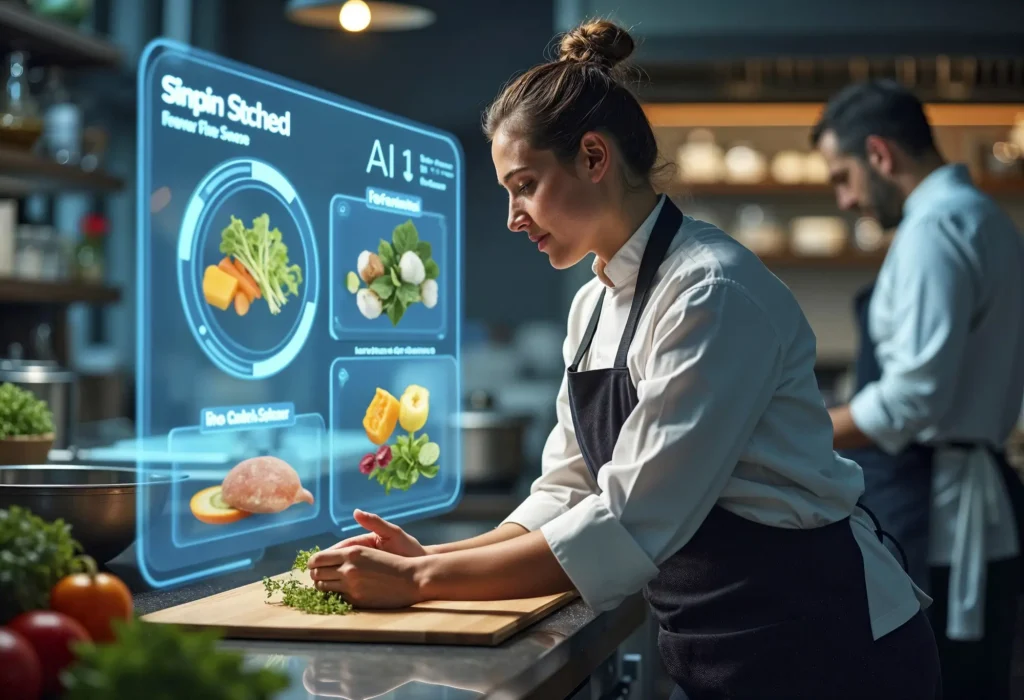1. Legal Compliance and Peace of Mind
Operating without GST registration when your turnover requires it can lead to penalties, fines, and business risks. With GST registration for cloud kitchen, you ensure you meet all regulatory obligations.
2. Claiming Input Tax Credit
Every purchase you make—ingredients, cooking gas, packaging, cleaning supplies—often includes GST. Once registered, you can offset this input credit against your output GST liability. That lowers your net tax and improves profitability.
3. Listing on Major Delivery Platforms
Food delivery platforms such as Swiggy, Zomato, and others typically list only GST‑compliant kitchens. Having GST registration for cloud kitchen enables you to join these platforms faster and get featured promotions.
4 Better Vendor Relationships
Suppliers often prefer dealing with GST‑registered businesses, offering you competitive pricing and formal invoicing. That translates into smoother procurement and stronger supplier trust.
5. Professional Image
In today’s market, consumers and B2B partners look for legitimacy. When you say “Yes, we’re GST‑registered,” you position your cloud kitchen as a trusted enterprise.











